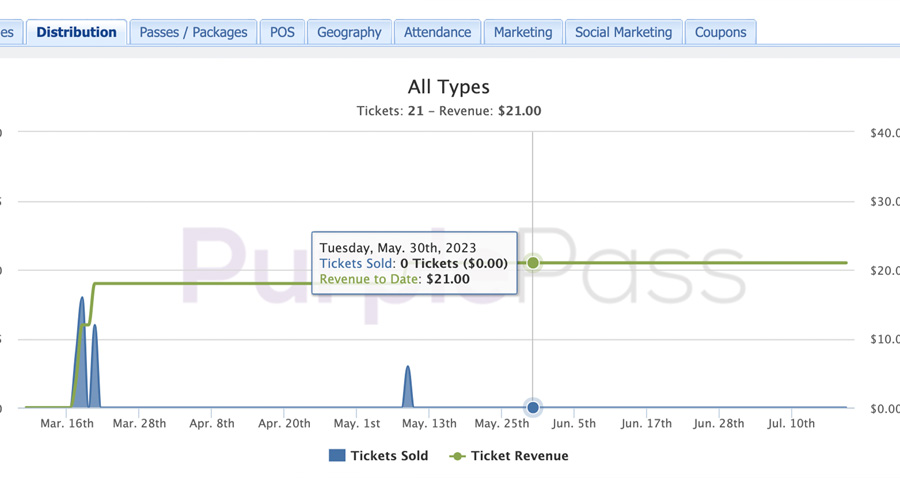5 Ways To Evaluate the Success of Your Sporting Event
Hosting a successful sports event goes beyond the final whistle. Evaluating the event's impact and performance is crucial to understand its effectiveness, identify areas of improvement, and make informed decisions for future events.
In this blog post, we will explore a comprehensive guide on how to evaluate the success of your sports event post-event. From setting measurable goals to collecting feedback, analyzing data, and assessing financial performance, we'll provide valuable insights into evaluating the overall success of your sports events.
Step #1: Setting Measurable Goals and Objectives
Define event objectives: Clearly define the objectives and goals for your sports event. These can include aspects such as
- attendance numbers
- revenue targets
- participant satisfaction levels
- media exposure
- community engagement
Determine what goals and benchmarks are going to be important for that event.
Identify key performance indicators (KPIs): Establish specific KPIs that align with your event objectives. Examples include ticket sales, sponsorships, media impressions, social media engagement, attendee feedback ratings, or economic impact on the local community.
Step #2: Collecting Attendee Feedback
It's a good idea to develop comprehensive post-event surveys to gather feedback from attendees. Include questions about their overall experience, satisfaction levels, specific aspects of the event, and suggestions for improvement. You can utilize online survey tools or mobile event apps for efficient data collection to use to evaluate your event.
Another form of collecting feedback consists of testimonials and reviews. Encourage attendees to provide testimonials and online reviews about their experience. Monitor social media platforms, event review websites, and email submissions to gather and analyze feedback.
Step #3: Analyzing Data and Metrics
Popular metrics to evaluate might include:
-
Attendance and ticket sales: Analyze attendance figures and ticket sales data to assess the event's popularity and revenue generation. Compare the numbers to previous events or industry benchmarks to gauge success.
-
Social media and digital analytics: Utilize social media analytics tools to measure engagement metrics, reach, and sentiment surrounding your event. Assess website traffic, email open rates, click-through rates, and conversions to evaluate the effectiveness of your digital marketing efforts.
- Sponsorship value and partnerships: Assess the value generated for sponsors and partners by measuring their exposure, brand visibility, and return on investment. Review feedback from sponsors and evaluate whether partnership goals were met.
Step #4: Assessing Financial Performance
Consider assessing the following when looking at financial performance:
-
Revenue and expenses: Conduct a comprehensive financial analysis of your event by comparing actual revenue against projected targets and analyzing expenses. Evaluate the profitability of the event and identify areas for cost optimization.
-
Economic impact: Collaborate with local authorities or economic development organizations to assess the event's economic impact on the host community. Consider factors such as visitor spending, job creation, and tourism boost to determine the event's overall contribution.
- Sponsorship and funding evaluation: Evaluate the effectiveness of your sponsorship acquisition and funding strategies. Assess the number of secured sponsorships, financial contributions, and the alignment between sponsors' objectives and event outcomes.

Step #5: Incorporating Lessons Learned
Conduct post-event review meetings involving key stakeholders, event organizers, sponsors, and partners. Discuss the evaluation findings, share insights, and identify lessons learned.
Based on the evaluation outcomes, develop actionable recommendations for future events. Focus on areas for improvement, potential enhancements, and strategies to better achieve event objectives.
|
Build the reports you need Purplepass allows users to create custom |
Conclusion
Evaluating the success of sports events post-event is essential for ongoing improvement and informed decision-making. By setting measurable goals, collecting attendee feedback, analyzing data and metrics, assessing financial performance, and incorporating lessons learned, you can gain valuable insights to enhance future events.
Embrace the evaluation process as an opportunity for growth, ensuring that each sports event becomes more impactful, memorable, and successful.







